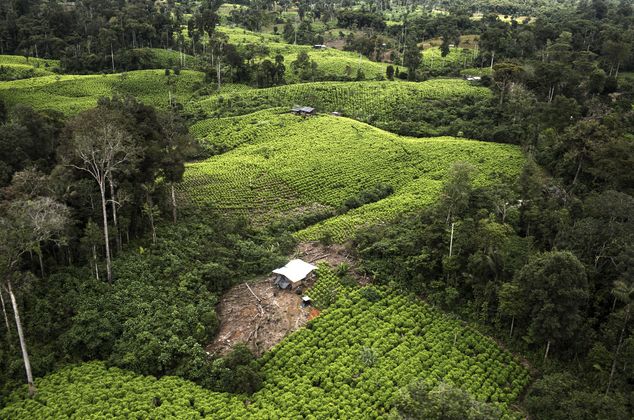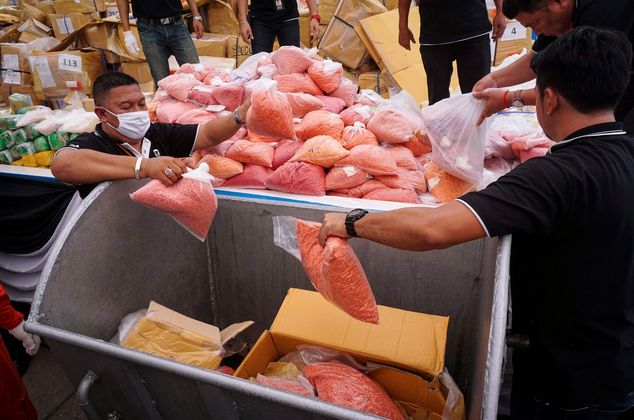Country activities

Working together at an equal level
Many developing and emerging countries are increasingly confronted with the negative consequences of the cultivation, production and use of illicit drugs. Since there is often a lack of experience in dealing with such problems, the GPDPD on behalf of the Federal Ministry of Economic Cooperation and Development (BMZ) gives advice to interested governments. The aim is to support partner countries in finding sustainable solutions to drug policy challenges. The focus is on the cultivation and use of illegal drugs as a particular challenge.
Developing and emerging countries occupy a crucial position in the global drug problem. Coca and opium poppies are almost exclusively grown in Latin American and Asian countries. Also, their processing into illicit drugs such as cocaine and heroin takes place mostly in these countries. In addition, the use of illegal substances has also increased there in recent years. Cannabis, crack cocaine and amphetamines are often just as present in Latin America, Asia and Africa as in North America or Western Europe. At the same time, some countries affected by the illicit drug economy are reorienting their counter-strategies: After the so-called "war on drugs" with its highly repressive approaches has yielded little success, an increasing number of governments are showing interest in development- and health-oriented drug policies.
In order to find sustainable answers to drug-related problems, it is therefore all the more important to cooperate with partner countries on a technical level and to promote mutual exchange. On behalf of the BMZ, the Global Partnership on Drug Policies and Development (GPDPD) advises interested governments on adapting their drug policy instruments. Together with an implementation consortium and local counterparts, the GPDPD also pilots innovative approaches in the affected countries.
Although more and more countries are interested in Alternative Development and Harm Reduction approaches, they often lack the experience to implement them. In addition, the drug and health policy competences of national authorities in many countries are insufficient. In order to close gaps in knowledge, the GPDPD implements pilot projects, counselling and training programmes. The work focuses on development- and public health-oriented approaches and the importance of human rights in drug policy. The respective advisory services are specifically adapted to the respective interests of the partner countries – namely Albania, Colombia and Thailand.


